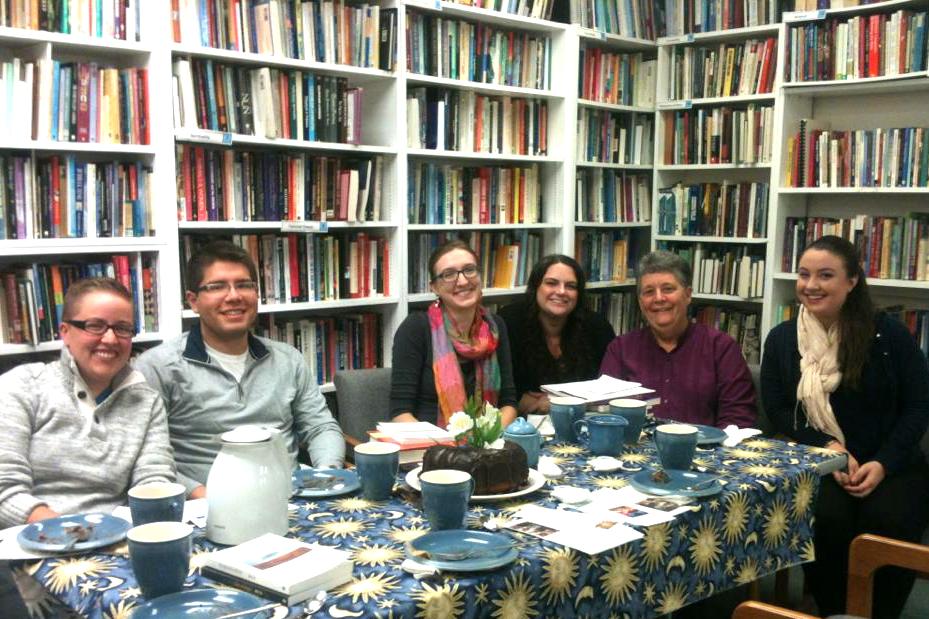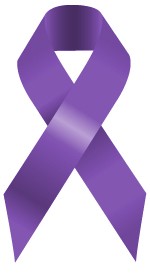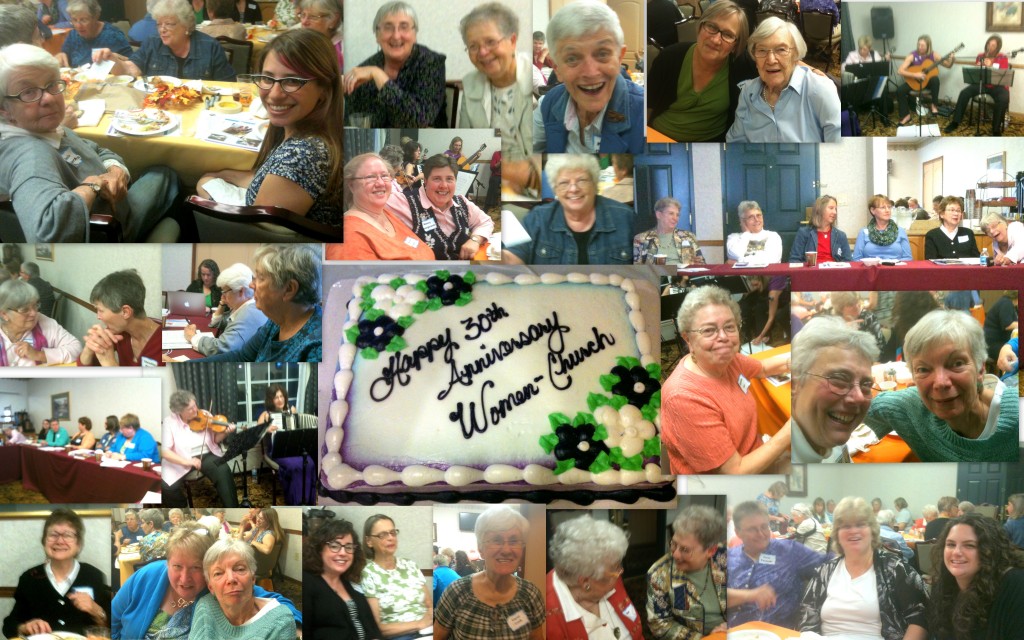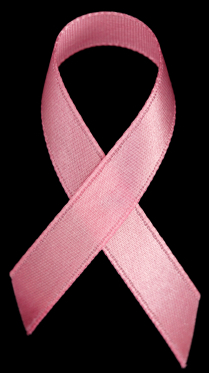Notes
from WATER Teleconference:
Contemplation: An Invitation to Faith Filled Feminists
Nancy
Sylvester, IHM – October 9, 2013
WATER thanks
Nancy Sylvester, IHM, for her generous sharing of time and insights in the
recent teleconference. The audio is online and these notes augment it. Note that we had serious
technical difficulties (of still undetermined cause) but Cathy Jaskey has done
a great job of making the audio clearer than it was on the phone.
What follow are first, Nancy’s
notes, and then WATER’s notes from the Q+A session. They are meant to be
helpful not comprehensive.
---------------------------------------------------------------------------
NANCY
SYLVESTER:
I
believe for many of you listening your life journey echoes mine in terms of being
a woman who came to understand the depth that patriarchy has shaped our
thinking and systems and chose to shift our consciousness and see everything
from a feminist perspective. And that journey as feminists intersected with
another journey, a spiritual journey, a quest for God, a faith filled one.
I believe it is as faith filled feminists that
we are called to be about the transformation of our world and of our consciousness
rooted in our “birthright” to be mystics, to engage in contemplation.
What
I would like to do is to share how I began my current work, the Institute for
Communal Contemplation and Dialogue and why I believe the future is inviting us
to engage in contemplation.
------
From
1977-1992 I worked at NETWORK, a national Catholic Social Justice Lobby,
serving the last ten years as National coordinator.
When
I came to DC in 1977 I had been working in Detroit and facilitating workshops
on white privilege which opened up how the structures of racism pervades
everything. I also began reading feminist authors—poets and theologians-- Mary
Daly, Elizabeth Schüssler Fiorenza. I was teaching in high school at the time
and introduced a women’s history class. I attended the first Woman’s Ordination
Conference in 1975 which I do believe is the first time I met Mary E.
Hunt. I observed at the Call to Action
conference in 1976 and watched the role women played as leaders during that
meeting. There was great energy and excitement that the institutional church
would change in the aftermath of the Second Vatican Council. And coming to NETWORK,
which was founded by Catholic sisters and was women-led, a living example of
what women can do when given a chance.
Those
next fifteen years in DC working in the halls of Congress and with the women
religious and other women who were part of the DC justice community was quite a
gift for me.
At
NETWORK, we lobbied for the extension of the Equal Rights Amendment, welfare
reform, health care, immigration, disarmament, housing, jobs, human rights in
Central America and South Africa to name a few. We analyzed the issues from the
Catholic Social Justice Tradition (CSJT) and a feminist perspective; we rooted
our research in experience of those who suffered from unjust policies.
Internally, we created a workplace that reflected values of equality,
collaboration, shared responsibility. It was quite different than the ethos of
DC. In fact, we believed that everyone’s job was essential to the whole and so
everyone received the same salary.
I
share that with you because those years gave a sense of hope that change was
happening and would continue bringing about a world that embraced the values
that women understood were necessary if there would be justice and peace in our
world.
And
yet by the time I left in 1992, there was an increasing polarity happening
within Congress but also among coalition partners. I had the feeling even among
the faith based and issue folks that winning and being on the right side was
more important than trying to resolve the real issues and find a remedy that
would truly work. We, too, began not crossing the aisle.
So
when I awoke after the 1994 elections to hear that Newt Gingrich was Speaker of
the House and that the majority of Catholics voted that year for Gingrich
republicans I was floored. So many of us including myself have been doing
workshops for years on CSJT, providing data as to why our policies had to
change, etc. And the majority of Catholics voted for the Gingrich
revolution. I began to realize that
something was missing. It was not enough to provide clarity of data or research.
Something else is needed to change hearts and minds.
That
was in 1994. I had been elected that
year to be Vice President of my religious congregation and in 1998 I was elected
to the Presidency of the Leadership Conference of Women Religious. LCWR has
been in the news; it is the canonical conference of all elected leaders of
women’s religious congregations in the United States.
Part
of my responsibility was to go to Rome with the other members of the Presidency
each year to share what was going on with women religious. We also went with our
counterparts from the men’s congregations, the Conference of Major Superiors of
Men.
We
would pray and reflect before our meeting with the Cardinal and staff of the Dicastery
that dealt with religious congregations. We tried to do some things differently—to
create a space to really talk with each other. I have to say we never really
achieved what we had hoped.
During
those years the issues involved the Vatican’s complaints about New Ways
Ministry, the Vatican’s opposition to Joan Chittister’s invitation to speak to
the World Wide Women’s Ordination conference, and leadership issues for men in what
is called “mixed communities,” meaning a
religious community that had both ordained priests and brothers.
As
we discussed, it became increasingly clear that we were operating out of very
different worldviews. Regarding New Ways Ministry, many religious had written
Rome in support of Jeannine Gramick and Bob Nugent’s work. Some would sign
after their name, a lesbian sister or a gay priest, etc. Whether they were
active or not didn’t make a difference. It was all the same to some and we
could not be heard.
In
terms of the issue of mixed communities, there was very apparently a different
understanding of how authority in the church should be understood. Current
policy is that in a mixed community only priests can be elected to the highest
offices. A brother could be elected only
if all the priests were deemed incompetent. When the issue was raised to change
that—there were priests and a brother in our delegation—I will never forget one
of the key staff persons almost having a heart attack screaming at the men, “Would
you want to be told what to do by a brother?” And having a Franciscan priest
gently say, “Yes”. It was so clear that for those who were influential in that Dicastery
authority came through ordination and not through baptism.
So
when I was preparing my Presidential address for the 2000 LCWR Assembly I found
myself wanting to write something hopeful about the future of religious life
and yet knowing that wasn’t what I felt needed to be said.
As
I shared different drafts with some friends, one said this is good but not what
you have been saying. It is in you. Just let it out. And with that I began
writing with tears streaming down my face. I had been praying over an article
by Connie FitzGerald, a cloistered Carmelite in Baltimore, on Impasse and the Dark Night where she likens the time we are in to
the spiritual journey of the dark night of the soul. I found myself saying that
women religious are at an impasse with some in the hierarchical church and that
all the ways we know how to influence and work for change no longer work. We
need to find new ways, ways that come from the deepest part of our selves. We
need to imagine new ways of being and doing by reclaiming our commitment to
contemplation.
Needless
to say I was a bit nervous when I delivered that speech, but the response was
overwhelming. I believe my gift was to say out loud from a position of
leadership a belief that resonated in people regardless of age and whether they
were wearing a habit or not.
When
I left elected office then I thought perhaps having said that and the LCWR
making a commitment to contemplation I should see if I could offer anything to
assist engaging this impasse. So, the Institute
for Communal Contemplation and Dialogue was founded. With an amazing design team the first program
began in 1993 called “Engaging Impasse: Circles of Contemplation and Dialogue”.
This 6-day program has taken many forms but continues to invite people to face
into impasse—that against which they feel powerless at whatever level they most
experience it…. societal, ecclesial or personal. It invites them to do it
through a communal contemplative process. The web site was first designed as a
companion to this program. So if you had a chance to read any of the reflections
you’ll see they focus on contemplation, dialogue, impasse and then the larger
context within which we are living.
The
participants have been social justice activists, theologians, social workers,
spiritual directors, congregational leaders, among others. Based on their
experiences, it is clear that the Circles are a transformative process wherein
persons touch into their deepest selves in understanding the impasse in their
lives and through their individual and communal contemplative sharing begin to
see the impasse differently including their own complicity within it. They begin
to imagine new ways of doing and being.
As
we began our second decade in 2012, we expanded in two ways. First, we are
trying to do outreach to the broader faith community with a one-day program
entitled “Transformation in a Time of
Uncertainty.” This
provides the larger context as to why we can’t continue to be the way we have
been and the need to transform our consciousness. We try to show how for people
of faith, contemplation provides a way of praying that assists in this
transformative journey. Contemplation can provide insights and understandings
that are so needed for this time. Contemplation is explained and practiced as
part of the day program. I am always looking for people to sponsor these
days—so if you are interested please let me know.
Our
second new venture is our focus on “Exercising Contemplative Power”. Especially
for all those who have been part of ICCD’s work, this next stage seems crucial.
The programs offer us a way to explore how we can continue to live out of a
transformed consciousness in the midst of systems and institutions which are
stuck in old paradigms. It is a chance to share how we live the integration of
our contemplative awareness with our concrete responses to the injustices we
experience in our everyday lives. It is a time to reflect on how contemplation
and action can be woven into their rightful whole.
ICCD
held a conference last October with that theme, as well as having a series of
phone calls focusing on a specific issue like the Middle East or global climate
change during which we reflected together on how we exercise contemplative
power in a given situation. You can find these reflections on the web site
under programs “Exercising Contemplative Power.” We are going to have another conference,
“Envisioning the Future: Living from a
Contemplative Heart” with
Cynthia Bourgeault as the main presenter.
Another
project just getting off the ground is the “Campus Pilot Project” to think
about how young people can engage in contemplative prayer. We also inaugurated
on October 4, 2013, an ICCD Contemplative Sitting Network. We want to practice
together exercising contemplative power and one way is to be intentional
together about what we are doing. Across time zones, people have committed
themselves to 20 minutes of a contemplative practice between 6-7:30 AM seeking
in the words of Ilia Delio, “new relationships of love that include Earth, all
peoples, other religions, all planets and all galaxies.” Knowing we are doing it together is powerful.
What
am I learning through all of this? Contemplation is really our birthright and
people need to know that and be invited to access the Divine dwelling within
them. Contemplation allows us “to take a long loving look at the real”. It is a
way to open our hearts to biases, prejudices, and our current operating
assumptions and to transform them. Contemplation transforms who we are and how
we want to be in the world. We are at a critical moment in the evolution of our
species and the planet. The changes needed demand a transformation of
consciousness.
We
live in evolutionary time and so we must find ways to use our energy wisely and
not hurt ourselves or make ourselves sick. There is no guru for women. We share
our experience and wisdom and together share leadership in the transformation.
Those of us who have experienced injustices as women--personal and structural--
and commit to working to change those situations and who have within ourselves
the spiritual impulse, the spark of living faith, have a special role to play
at this time. It is to explore and integrate all that we know and feel and to
do it from our deepest place—where the Divine dwells. Contemplation invites us to do just that.
---------------------------------------------------------------------------------------------------------
Discussion
1. One caller
from Ohio asked about the daylong workshops, “Transformation in a time of
uncertainty”.
2. A participant
from Washington, D.C., asked about the nature of contemplation, how it can mean
many things to different people. She wanted to hear a story of how it helped
Nancy to see things differently.
Nancy spoke of
contemplation in a phrase attributed to English mystics: “take a long loving
look at the real” that invites us to touch into our deepest selves where we
become free to see our own assumptions and presuppositions. It is a way to
enter into the True Self, the God Self.
She added a
story about needing to write something particular and how contemplation allowed
her to let go in prayerful way and then write, knowing that her writing was
coming from another space other than her ego. She found the freedom to be
emptied of judgment and let go of holding onto expectations. She also spoke of
being able to be more loving in a relationship than before with the fruit of
her contemplation.
3. A caller from
MD praised Nancy’s great work with Medical Missionary Sisters and queried what
it means to enter into evolutionary time. She noted that it forces us to be quiet
because we have to hear from earth, from creatures with whom we have no had
communication before. So contemplation fits our time in an appropriate and essential
way.
4. Another
caller from IL raised the issue of every woman’s moral agency. She stressed the
acceptance of reproductive choice since a woman cannot have full autonomy
unless she has reproductive autonomy, something that young women need to learn.
She also said that most nuns are introverts while, she, the caller is an extrovert.
Nancy affirmed
herself as an extrovert. She spoke of the importance of women being full moral
agents. She wondered how we might exercise agency in ways that are not
perceived to be alienating or hostile.
5. The moderator
inquired about the work with young people. Is contemplation for elders?
Nancy spoke to how
even amid the busyness and I Pads there is a desire for quiet such as provided
by Adoration of the Blessed Sacrament in a quiet place. She also suggested that
perhaps as we evolve as a species the capacity to look more deeply into the self
might come earlier.
6. A Boston caller
expressed her appreciation for the talk and how much she needed it at a moment
of crisis in her own life.
Nancy invited a
moment of silence to hold the woman and her situation in prayer.
7. The moderator
acknowledged that Engaging Impasse had a great deal of influence on many
people, especially women religious who were among the majority of its participants.
Perhaps Congress could benefit from the process!
Nancy agreed
that Engaging Impasse had been influential among women religious, some of whom
were involved in the Vatican-led Apostolic Visitation and Doctrinal Assessment.
Having participated in the circles influenced how women looked at what happened.
The process rekindled in many women their commitment to contemplation. As for
Congress, and not in jest, Simone Campbell and Nancy talked about doing some
contemplative practice in Congress. The difficulty is on the Hill people are
rarely vulnerable and more apt to defend everything they believe. It has not quite
happened yet but it would be great.
8. From MD, a caller said that she found the
discussion as a feminist way to deal with education of clergy.
The
next WATER Teleconference will be "Resisting Structural Evil: Love as
Ecological-Economic Vocation" with Cynthia Moe-Lobeda on Wednesday,
November 20th, 2013 from 1pm-2pm (EDT).








